Description
Benzyl Alcohol: A Versatile Solvent with Broad Applications
Benzyl alcohol, a clear, colorless liquid with a mild, pleasant odor, is a versatile aromatic alcohol with a wide range of applications across various industries. Its unique properties, including its solvency power, low toxicity, and stability, have made it a valuable ingredient in everything from cosmetics and pharmaceuticals to paints and coatings.
Chemical Properties and Production:
Benzyl alcohol, with the chemical formula C7H8O, is an aromatic alcohol containing a benzene ring attached to a hydroxymethyl group. It is naturally found in many plants and fruits, and can also be produced synthetically through several methods, including:
- Hydrolysis of Benzyl Chloride: This is a common industrial method where benzyl chloride reacts with a base to produce benzyl alcohol and a salt.
- Cannizzaro Reaction: This involves the disproportionation of benzaldehyde in the presence of a strong base.
- Grignard Reaction: Benzyl alcohol can be formed through the reaction of phenylmagnesium bromide with formaldehyde.
Key Applications:
The versatility of benzyl alcohol stems from its unique chemical properties, leading to its use in numerous applications:
- Solvent: Benzyl alcohol is an excellent solvent for various substances including inks, paints, lacquers, and epoxy resin coatings. Its low volatility and slow evaporation rate make it suitable for applications where controlled drying is required.
- Cosmetics and Personal Care Products: It is commonly used as a solvent, preservative, and fragrance ingredient in a wide array of cosmetic products such as lotions, creams, shampoos, and sunscreens. Its antimicrobial properties contribute to the preservation of these products.
- Pharmaceuticals: Benzyl alcohol acts as a bacteriostatic preservative in injectable medications and topical formulations. It is also used as a solvent for drugs and dyes.
- Flavors and Fragrances: Its pleasant aroma makes it a valuable component in perfumes, soaps, and other fragranced products. It can also be used as a flavoring agent in certain foods and beverages.
- Epoxy Resin Systems: Benzyl alcohol acts as a viscosity reducer and flow control agent in epoxy resin systems. It helps improve the workability and application of epoxy coatings.
- Electronic Cleaning: Benzyl alcohol is used as a cleaning agent for electronic components and printed circuit boards, effectively removing residues and contaminants.
- Dielectric Fluid: In certain applications, benzyl alcohol can function as a dielectric fluid due to its insulating properties.
Safety Considerations:
While generally considered safe when used as directed, benzyl alcohol can cause irritation to the skin and eyes in some individuals. Ingestion of large quantities may lead to gastrointestinal distress. Prolonged or repeated exposure may cause allergic reactions in sensitive individuals. Appropriate safety precautions, including the use of protective gear and adequate ventilation, should be observed when handling benzyl alcohol.
Conclusion:
Benzyl alcohol is a valuable and multifaceted chemical compound with a diverse range of applications across numerous industries. Its solvency power, preservative qualities, and pleasant odor contribute significantly to its widespread use. As research continues to explore its potential applications, benzyl alcohol is likely to remain an important ingredient in a variety of products for years to come. Understanding its properties and applications, along with adhering to proper safety guidelines, is essential for its responsible and effective utilization.






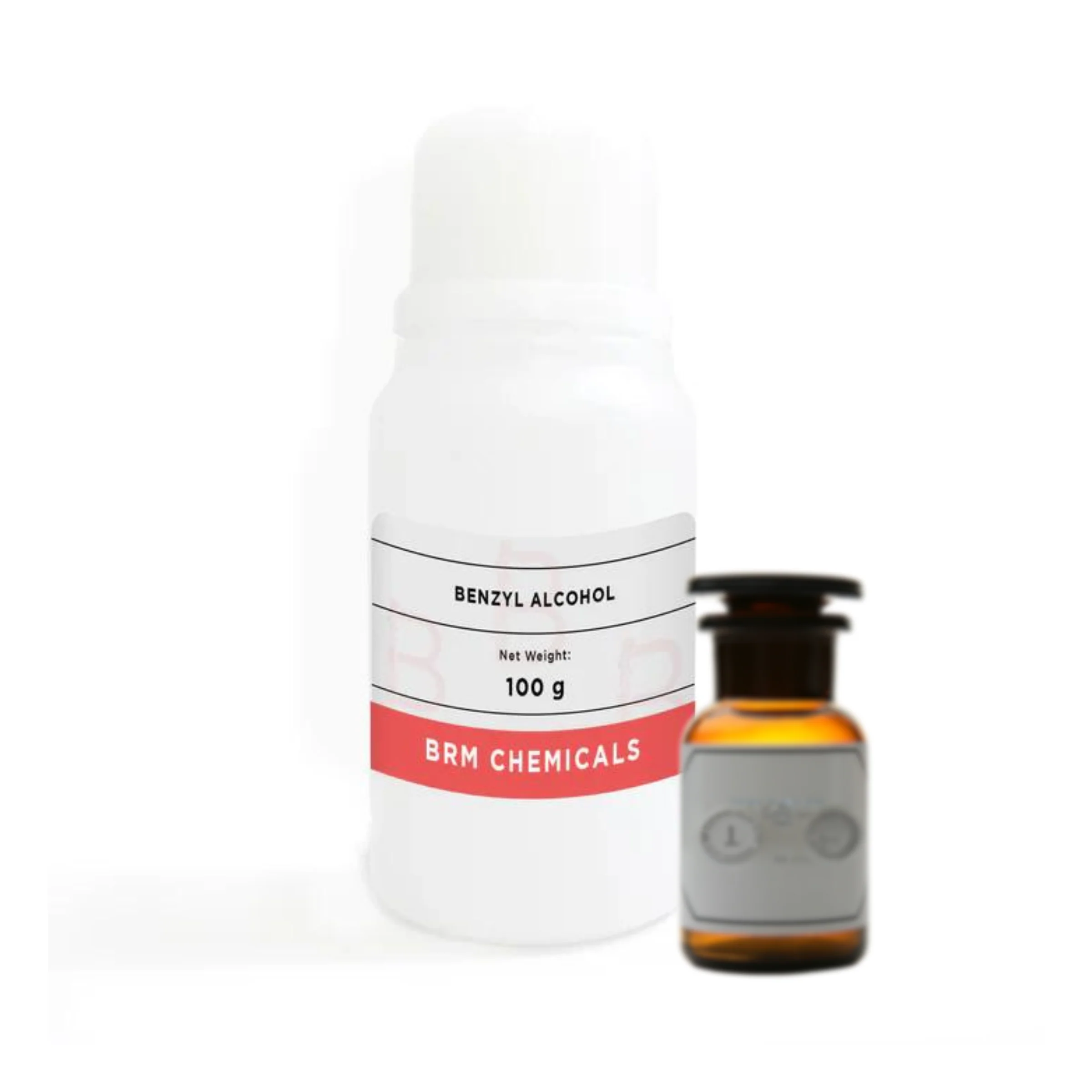

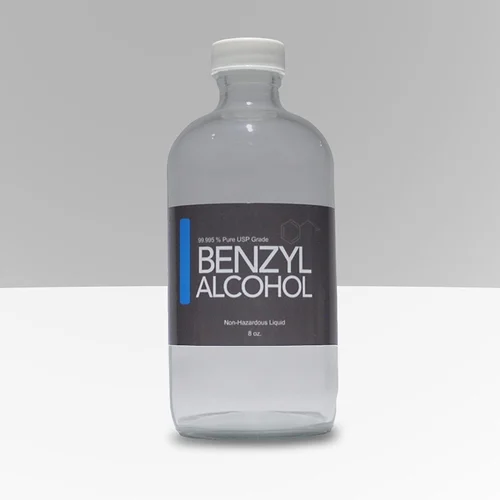



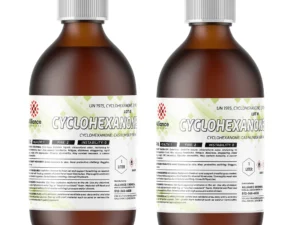
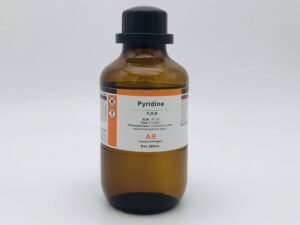
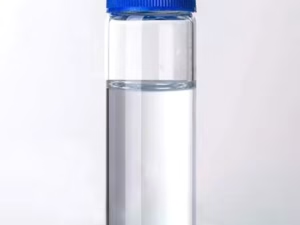
Reviews
There are no reviews yet.